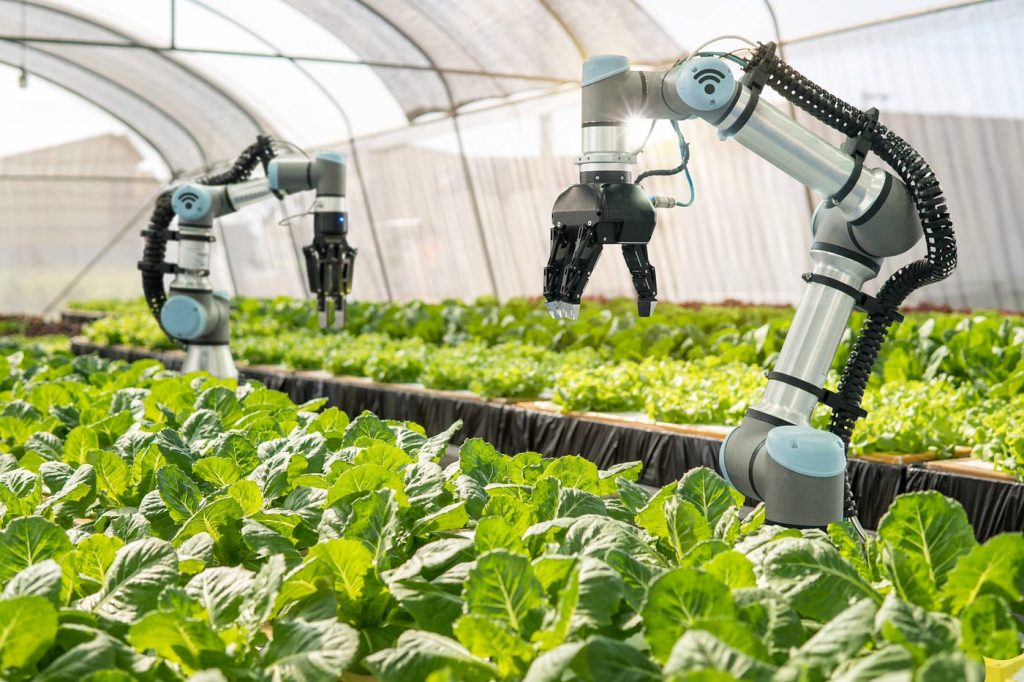
Explore how hemp cultivation is transforming traditional farming methods by replenishing soil nutrients, minimizing the need for chemical fertilizers, and promoting biodiversity. Discover the sustainable agricultural practices enabled by hemp and its potential to revolutionize food production.


Dive into the world of hemp textiles and learn how this versatile fiber is reshaping the fashion industry. Discover the durability, breathability, and eco-friendliness of hemp fabrics, as well as its potential to reduce the environmental footprint of clothing production.
Delve into the therapeutic potential of hemp-derived products, including CBD oils, topicals, and supplements. Learn about the purported health benefits of hemp extracts and their role in promoting relaxation, pain relief, and overall well-being.
1. CBD oils, topicals, and supplements offer natural remedies for various health issues
2. Hemp-derived products may alleviate symptoms of anxiety, stress, and insomnia
3. Cannabidiol (CBD) interacts with the body’s endocannabinoid system to promote balance and wellness
4. Hemp extracts are known for their anti-inflammatory and analgesic properties
5. Studies suggest that CBD may help manage chronic pain conditions, such as arthritis and neuropathy
6. Hemp-based skincare products can nourish and hydrate the skin, reducing dryness and irritation
7. CBD-infused balms and lotions may soothe sore muscles and joints after physical activity
8. Hemp supplements, like hemp protein powder and hemp seed oil, offer nutritional benefits for overall health and vitality
9. Hemp-derived CBD products are gaining popularity as alternatives to traditional pharmaceuticals
10. The versatility of hemp allows for a wide range of product formulations to suit individual preferences
11. Many users report experiencing improved sleep quality and reduced anxiety levels with regular CBD usage
12. Hemp-infused beverages and edibles provide convenient options for incorporating CBD into daily routines.
Uncover the innovative uses of hemp in construction, from hempcrete for insulation to hemp fiberboard for structural components. Explore how hemp-based building materials are revolutionizing sustainable architecture and contributing to energy-efficient, eco-friendly construction practices.
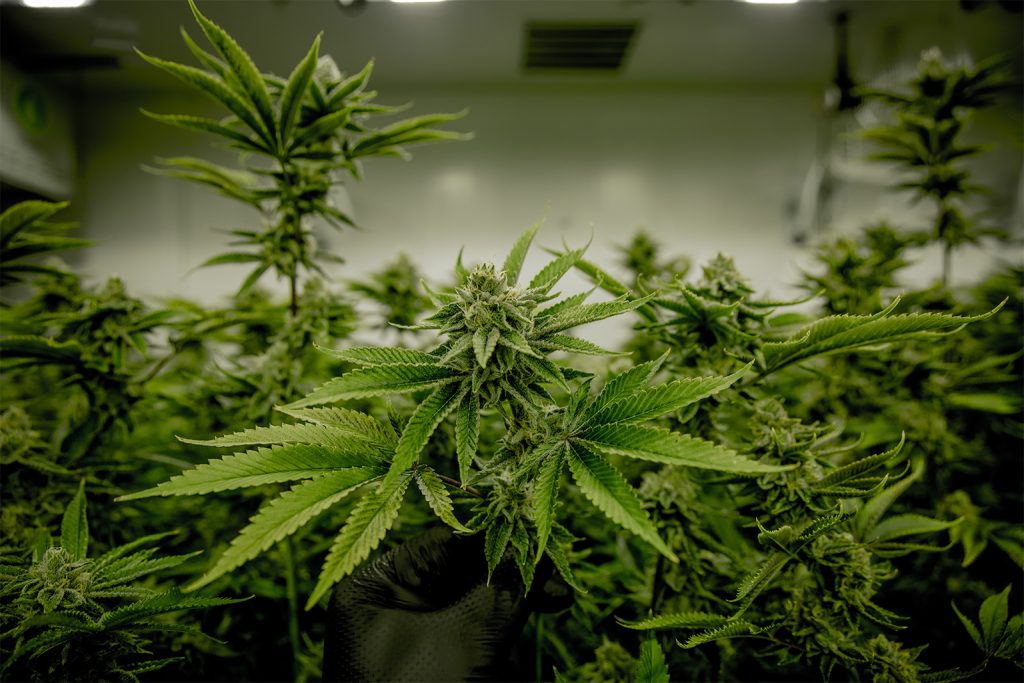
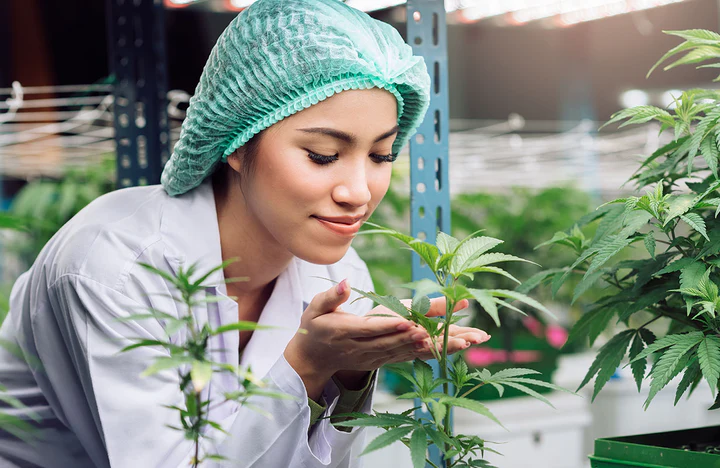
Learn about the potential of hemp biomass as a renewable energy source for biofuel production. Explore how hemp-derived biofuels can reduce greenhouse gas emissions, decrease reliance on fossil fuels, and contribute to a cleaner, greener energy future.

Learn about the eco-friendly alternatives to traditional paper and packaging materials offered by hemp. Explore the benefits of hemp paper's durability, recyclability, and biodegradability, as well as its potential to reduce deforestation and plastic pollution.

Explore the environmental benefits of hemp cultivation and its role in conservation efforts worldwide. From carbon sequestration to soil remediation, hemp offers versatile solutions for mitigating climate change and preserving natural resources.
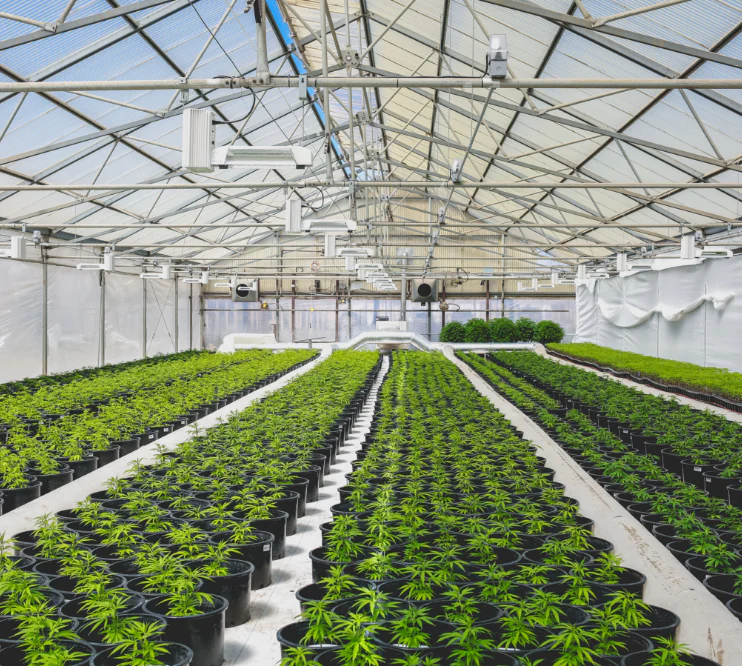
Delve into the industrial applications of hemp, from manufacturing biodegradable plastics and sustainable building materials to producing eco-friendly textiles and biofuels. Learn how hemp is driving innovation across various industries while creating opportunities for economic growth and job creation.
Learn about the educational initiatives aimed at raising awareness about hemp's versatility and sustainability. Explore how educational programs and resources are empowering individuals to make informed decisions about hemp usage, promoting environmental stewardship, and inspiring future innovators in hemp-related fields.
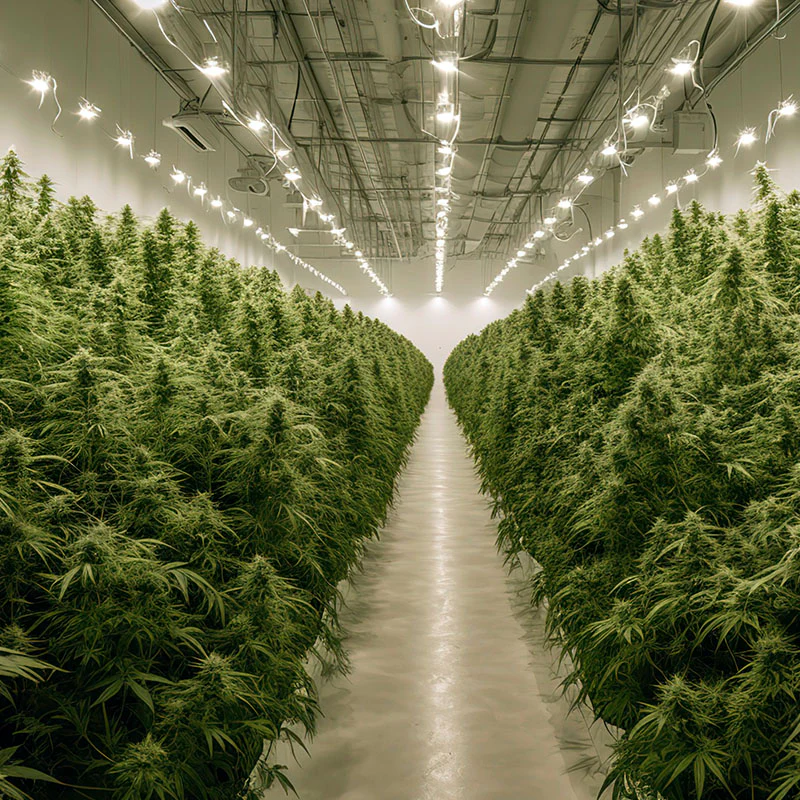
Discover how hemp is playing a crucial role in environmental conservation efforts worldwide, offering sustainable alternatives to conventional practices that harm ecosystems. From reducing carbon emissions to protecting biodiversity, explore the myriad ways in which hemp is contributing to the preservation of our planet. Through innovative applications and eco-friendly solutions, hemp advocates are championing a greener future for generations to come.
All Rights Reserved By Hemp is for Everything © 2024.